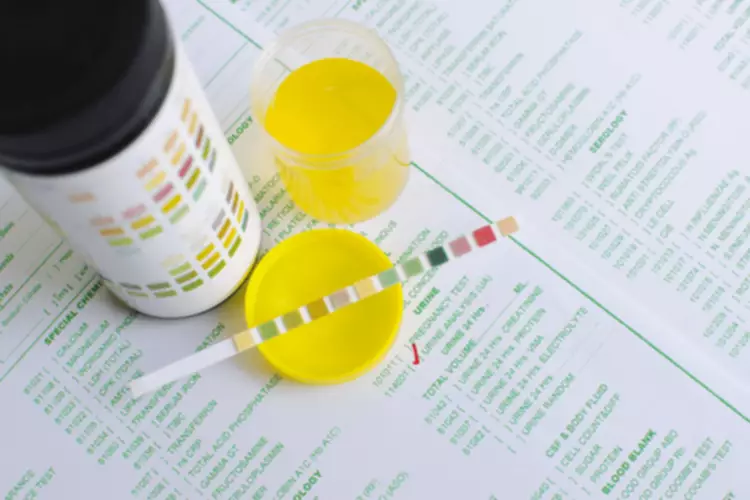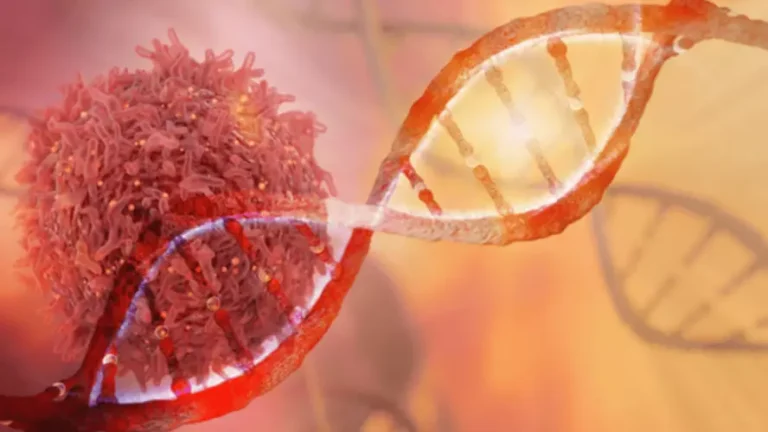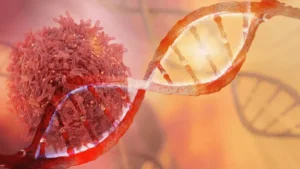
An emphasis on the biological aspect of healing has provided us with advanced diagnostics, safe surgery, and an extended lifespan; the benefits have been extraordinary. Disregarding the important role of the inner, spiritual aspects of healing has left developed societies with a new set of ailments, including anxiety, mood disorders, post-traumatic stress, and all sorts of addictions (Dacher 2014). Writing in the American Medical Association Journal of Ethics, Robert Orr notes that “there is an increasing recognition in modern Western medicine of the importance of family support in addiction recovery patient spirituality in treatment and healing” (2015, p. 414). Another benefit of family education is improved communication between family members.

Planning for Long-term Sobriety
- Total membership by age structure, knowing that people die at different rates according to age.
- The focus lies in the area of staying sober and committing to recovery and building up the structure of the family after it’s been torn down in the earlier stages.
- Viewing the family as a complex system helps us to recognize that what happens to one family member impacts the other.
- Recognizing the impact of addiction on the entire family, treatment programs often involve family therapy sessions, group therapy for addiction, education about addiction, and guidance on how to support ongoing recovery.
- They also provide a safe, nonjudgmental space where family members can learn, discuss and cope with an addiction unfolding in their midst.
Members, and, most importantly, because they are locally administered, each group may have a slightly different character. According to the US Department of Transportation (2016a), 10,265 people died in alcohol-induced car crashes, accounting for nearly one-third (29%) of all US traffic-related deaths. The Transportation Department also estimated that an average of one alcohol-induced driving fatality occurred every 51 minutes in 2015 (National Center for Statistics and Analysis 2016). Enter your phone number below to receive a free and confidential call from a treatment provider.
Providing Emotional Support for Addicts
That is a lot of friends and family left behind to grieve the loss of what could have been, and the memories of what once was (CDC, 2023). Too often, we hear loved ones try to explain the torment they feel as they sit home wondering if today is “the day” their spouse, child, parent, sibling, or friend does not come back home, or the day they find their loved one unresponsive. Each can face challenges that may need to be addressed so that recovery can continue. According to Brown, the main difference between the transition stage and the early recovery stage is a general lessening of the physical cravings and psychological https://ecosoberhouse.com/article/here-is-how-alcohol-affects-your-skin/ impulses for alcohol.
Benefits Of Family Education For Addiction Recovery
- Your loved one may be motivated when they enter treatment but become overwhelmed or frightened as they progress in the program.
- When a family member or loved one struggles with the condition, everyone around them can be affected.
- Select facilities may offer family therapy, incorporating innovative communication exercises, and relationship-strengthening activities led by licensed therapists.
- Involvement in the broader recovery community offers numerous benefits for individuals and their families alike.
When a family member or loved one struggles with the condition, everyone around them can be affected. The focus lies in the area of staying sober and committing to recovery and building up the structure of the family after it’s been torn down in the earlier stages. This may happen through the realization that the family can’t control and enable the drinking, and that only when the person living with alcohol use disorder reaches out for help outside the family system can they move into the stage of transition.

IF YOUR LOVED ONE IS AFFECTED BY THE DISEASE OF ADDICTION, WE’RE HERE TO SUPPORT YOU.
Addressing the unmet needs of adolescents with substance abuse issues is crucial. Community stakeholders and public officials play a vital role in driving decisions and policy approaches that prioritize family support and integrated care models. Family care for individuals with addicted loved ones needs to involve a combination of education, clinical treatment, and peer support. Everyone’s experience with SUD is different, so each family member’s treatment plan will vary. As of 2017, there has been more research and greater advocacy by scholars to resume and strengthen family treatment within SUD programs. Different treatment agencies have done well to develop a full continuum of services that includes, detox, residential, outpatient, recovery coaching, and community support services, to help individual clients achieve the goal of long-term recovery.
